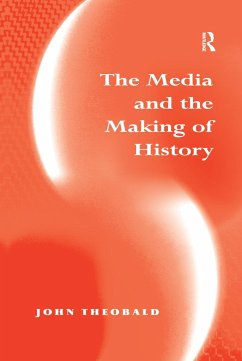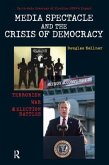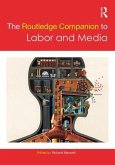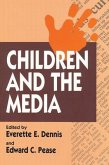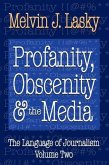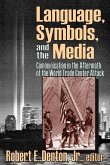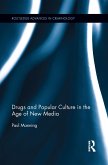While the huge impact of the mass media on everyday social life is acknowledged, it has generally been assigned a peripheral role in the historical process. This intriguing book demonstrates that, far from being a footnote, media discourse has been a critical factor in recent European history, and indeed one that distinguishes the twentieth century from all previous ones. John Theobald looks back to the First World War, analyzing the use and abuse of journalistic discourse in the portrayal of events to the public and to decision-makers. He goes on to present a series of case studies demonstrating the active mass media role in a selection of key events from the twentieth century including: the Cold War, the collapse of Communism in the GDR and German unification, debates over the European Union and the impact of September 11, 2001. He sets these studies within the context of traditions of radical mass media criticism from early analysts such as Kraus, Tönnies and Tarde through to contemporaries such as Chomsky, Bourdieu and Pilger.
Hinweis: Dieser Artikel kann nur an eine deutsche Lieferadresse ausgeliefert werden.
Hinweis: Dieser Artikel kann nur an eine deutsche Lieferadresse ausgeliefert werden.

